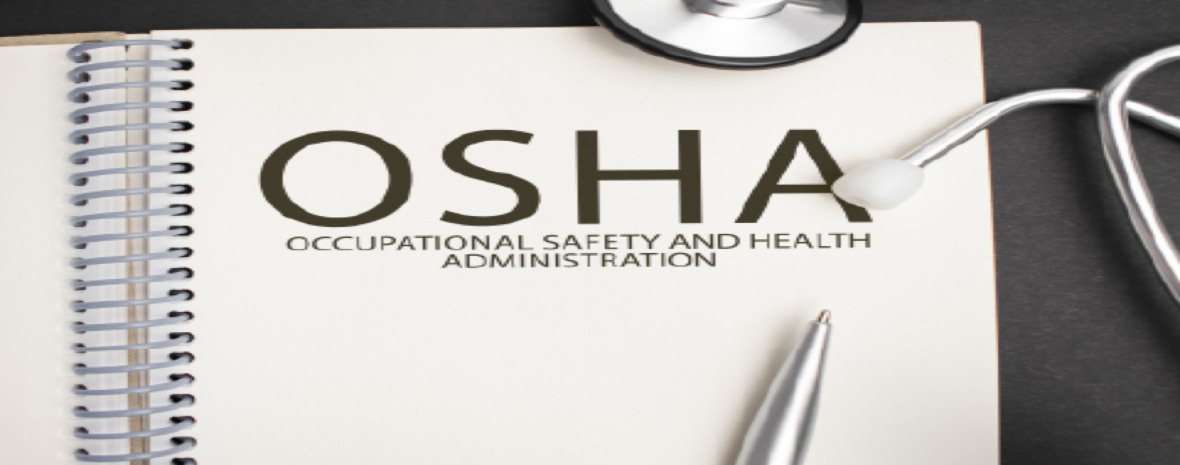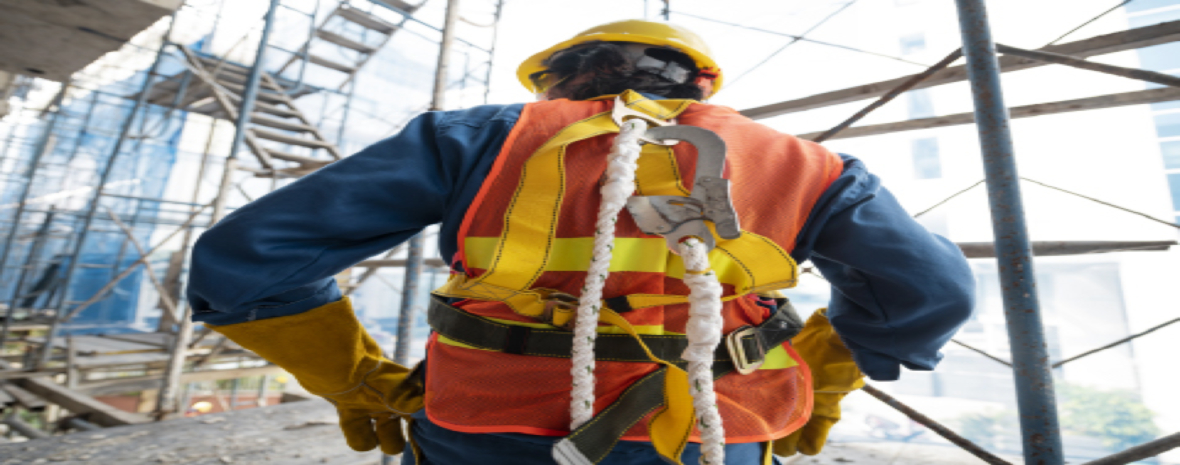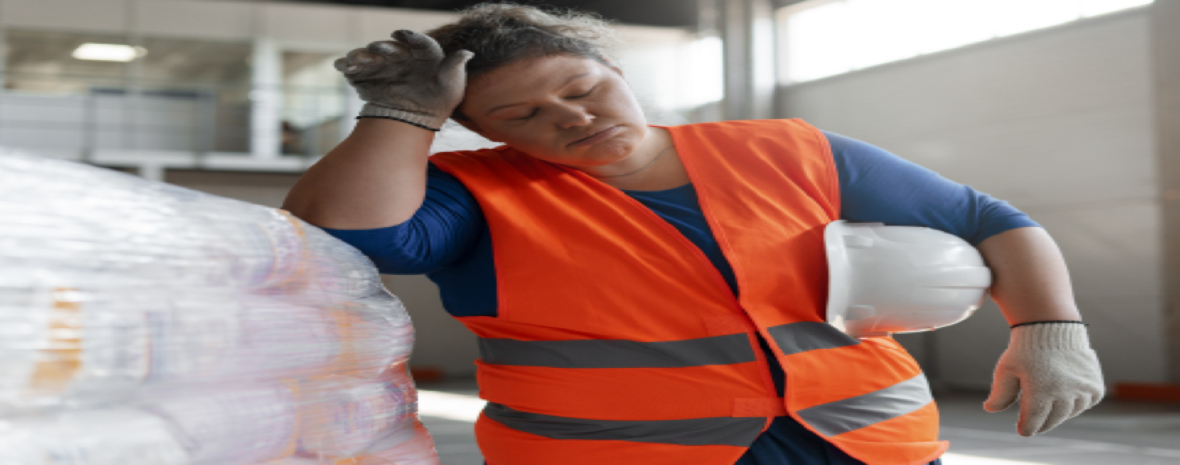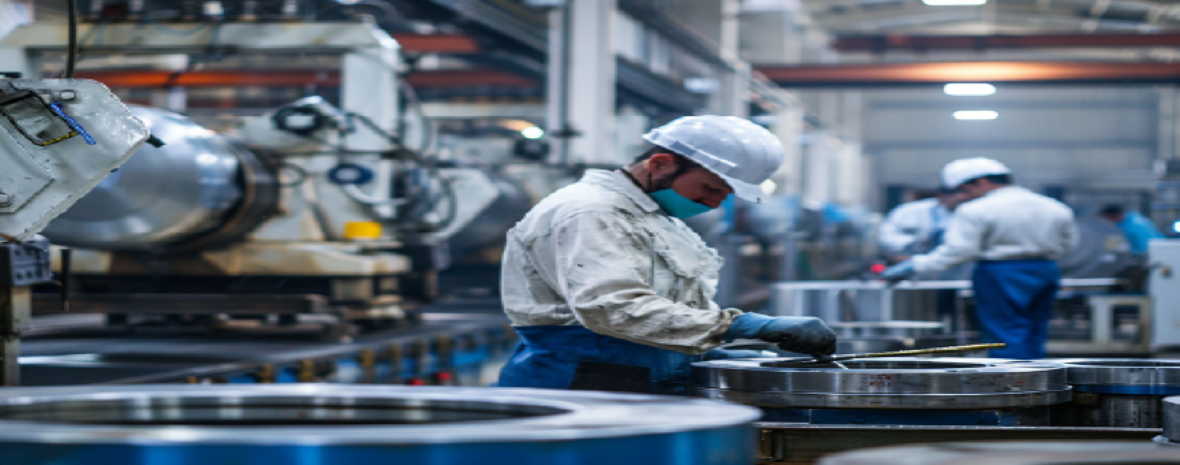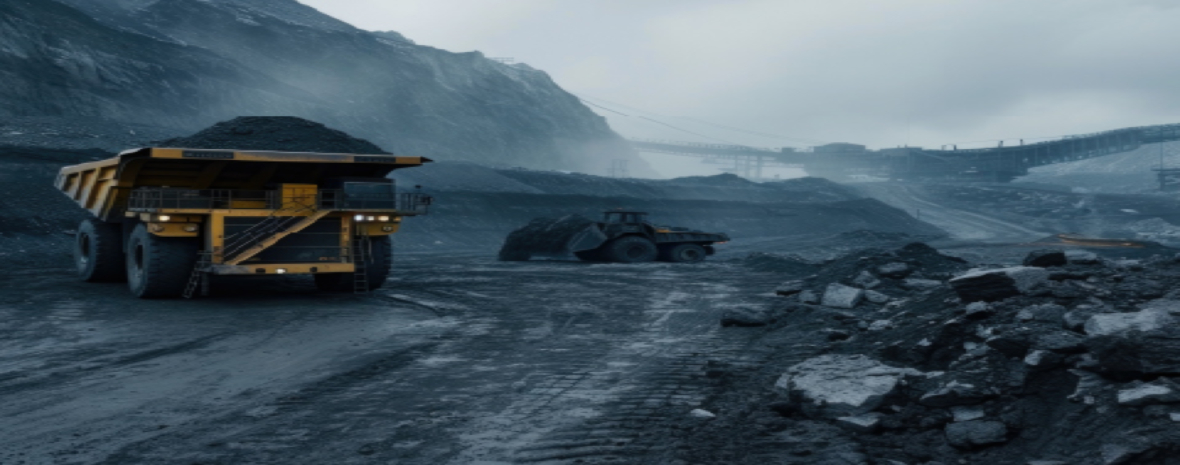We use cookies to make your experience better. To comply with the new e-Privacy directive, we need to ask for your consent to set the cookies. Learn more.
Author: International Enviroguard
New Tariffs Threaten Worker Safety and U.S. Industry
On April 2, 2025, new tariffs took effect that could deeply jeopardize the safety of millions of American workers. The International Safety Equipment Association (ISEA) has raised alarm bells: the added import costs hit personal protective equipment (PPE), safety gear, and components—products...
Making PPE Compliance Stick: What New Research Reveals About Blue-Collar Workers’ Safety Behavior
For safety managers, personal protective equipment (PPE) is a cornerstone of workplace protection. Yet, every safety audit, near-miss, or injury report often highlights a familiar challenge—non-compliance. Why do workers skip, loosen, or remove PPE when the risks are clear?
OSHA’s New Standards Priorities: What’s Changing and Why
On September 4, 2025, OSHA unveiled its updated regulatory agenda, reordering its standards-setting priorities and making clear which areas will receive heightened attention. Several previously anticipated proposals have been removed, others delayed, while certain emerging worker hazards have been...
The Most Dangerous Occupational-Health Risks Worldwide — Ranked and Explained
Work is essential to societies, but it also exposes billions of people to hazards that shorten lives and reduce quality of life. Recent global estimates show that work-related disease and injury remain major public-health problems: in 2019 an estimated 2.9 million deaths were attributable to work...
Top 10 EHS Issues Today: What’s Having an Impact and What’s Ahead
Environmental, Health, and Safety (EHS) professionals are facing a shifting landscape. The next few years are likely to bring change—not just in regulations, but also in what companies expect from safety, health, and environmental programs.
Understanding Penetration and Repellency Classes (ISO 6530 / EN 368)
When selecting chemical protective clothing, one of the most critical considerations is how well the material resists liquid chemical exposure. Standards such as ISO 6530 (previously known as EN 368, and now updated to EN ISO 6530:2005) provide a structured way to test and classify fabrics in terms...
2025 Safety & Health Trends in Industrial and Manufacturing Workplaces
The industrial and manufacturing sectors are in a period of rapid change when it comes to worker safety and health. Regulators, companies, and workers are grappling with new risks tied to climate change, persistent chemical exposures, and evolving technology. At the same time, OSHA and state...
Protecting Coal Miners’ Health & Safety: Policy, Risks, and What Needs to Change
The coal mining industry has been a backbone of American energy and economy for over a century—but it has always been a dangerous occupation. Today, coal miners face not only the physical risks of mining, but chronic health threats, evolving science, and policy pressures.


